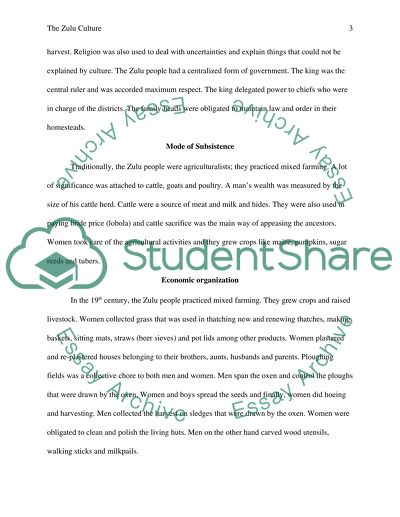Cite this document
(“Zulu Culture and living Research Paper Example | Topics and Well Written Essays - 1500 words”, n.d.)
Retrieved from https://studentshare.org/anthropology/1446403-zulu-culture-and-living
Retrieved from https://studentshare.org/anthropology/1446403-zulu-culture-and-living
(Zulu Culture and Living Research Paper Example | Topics and Well Written Essays - 1500 Words)
https://studentshare.org/anthropology/1446403-zulu-culture-and-living.
https://studentshare.org/anthropology/1446403-zulu-culture-and-living.
“Zulu Culture and Living Research Paper Example | Topics and Well Written Essays - 1500 Words”, n.d. https://studentshare.org/anthropology/1446403-zulu-culture-and-living.


